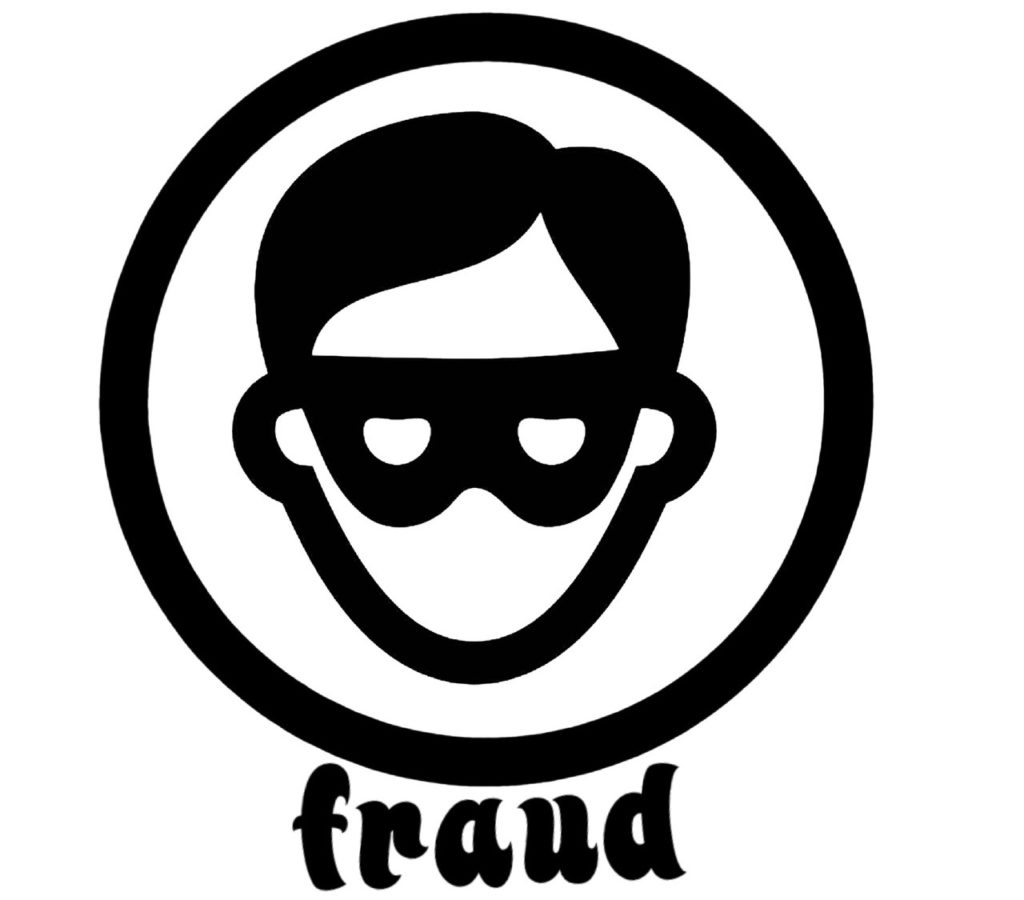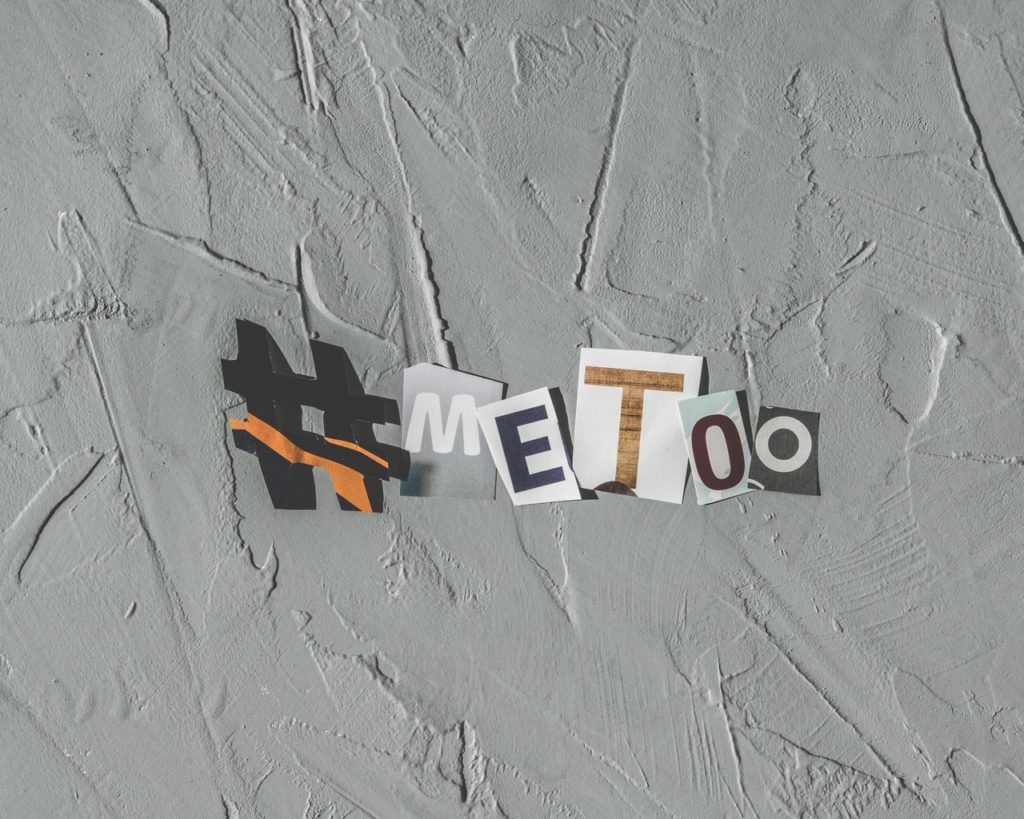You just got fired from your job. But, something about the way it happened doesn’t sit right with you. The reason they gave sounded flimsy and, in your opinion, did not warrant getting fired over.
If this describes the current situation you’re in, you’re probably trying to figure out – Can I sue for wrongful termination? Well, the answer to this isn’t so straightforward.
You first need to understand what qualifies as wrongful termination in the first place. Here’s what you need to know about it.
When Can I Sue for Wrongful Termination
An employer has the right to terminate your professional relationship at any time for any reason that’s not related to a protected characteristic or status. This is also known as the “at-will” rule.

Protected characteristics include:
- Age
- Ancestry or religion
- Disability (physical/mental) or medical condition
- Gender, gender identity, or sexual orientation
- Military or veteran status
- Pregnancy, maternity, or FMLA leave
- Race, ethnicity or national origin
While some states may have more characteristics that fall into this protected category, these are the universally-accepted ones that are common to every state in the country. The next thing you need to be aware of is “pretext.”
Most employers understand the labor and employment law. So, they will very rarely, if ever, tell you that they’ve terminated your employment because of a protected trait. They may instead fire you under the pretext or guise of an entirely different reason.
If they’re homophobic, for instance, and they recently became aware of your sexual orientation as a gay man/woman, then they may fire you under the pretext of coming into work late, or for any other unrelated reason.
If that happened, you could make a case that they fired you using pretext, when in fact it was because of a protected characteristic. To prove that this was indeed the reason, you need to retain the services of competent wrongful termination lawyers to help you get the justice you deserve.
What Qualifies as Wrongful Termination?
Aside from getting fired because of a protected status, here’s a wrongful termination checklist that you can use to determine if you have grounds to file a lawsuit against them.
1. Defamation
Filing a defamation lawsuit against your employer is necessary if you want to protect your reputation in professional circles, as well as maintain good standing in the community.
You, therefore, have to prove that in the process of relieving you from your job at the company, your employer made false and malicious statements about you that affected your chances of finding employment elsewhere.
So, how do you prove wrongful termination in such instances? You would need to show that:
- Your employer made false statements about you
- The statements in question where made with reckless regard to their falsity
- The offending statements were written or told to at least one other person who can confirm your allegations
- The statements have caused some form of harm or injury like causing you to lose the job you had at the company, or standing in the way of getting a new one
To win this type of lawsuit, you’ll need to provide factual evidence of what was said and show why it was false. The main thing you need to keep in mind is that there should be no truth to it whatsoever. If there is, well, you don’t have a case.
2. Fraud
Fraud in this instance means that your employer went above and beyond to intentionally trick you during the recruitment process, by making false promises that were never fulfilled, or manipulating you into resigning from your job.

To win this type of wrongful termination suit, you will have to show that a false representation was not only made but that someone in authority was aware of it.
3. Legal and Public Policy Violations
It is illegal to get fired over reasons that are widely accepted by society as illegitimate reasons for termination. However, for the courts to consider your case, there needs to be some specific law in existence that sets out the policy.
Several state and federal labor laws specify employment-related actions that violate public policy. These include getting fired for:
- Disclosing that a company refuses to pay its employees commissions they rightfully earned or not paying vacation dues
- Serving in the National Guard or military
- Taking time off work for jury duty
- Taking time off work to exercise your right vote
If you got fired for any of the reasons listed above, then you may have a case.
4. Retaliation
Getting fired for engaging legally protected activities is illegal, and those are grounds for suing for wrongful termination. For instance, if you filed a complaint against your employer with the Equal Employment Opportunity Commission (EEOC) and you got fired as a result, those are grounds for suing them.
The EOCC is a federal agency that is tasked with interpreting and enforcing federal labor laws that prohibit all forms of discrimination.
5. Sexual Harassment

This is closely related to retaliation. If you file a sexual harassment complaint against your employer, firing you for doing so is illegal since it is considered a legally protected activity. Those would be grounds for a wrongful termination lawsuit.
6. Whistleblowing
Whistleblowing laws exist to protect the interests and wellbeing of employees who report the illegal activities of the companies they work for – especially if they are potentially detrimental to public welfare.
The state labor laws in some jurisdictions offer protection to employees who blow the lid on activities that break any state law, ordinance, or regulation.
Other states offer protection only if specific laws were violated, with the most common ones being labor laws or environmental regulations. If you get fired for whistleblowing, that qualifies as wrongful termination.
It’s Not Over Until It’s Over
Can I sue for wrongful termination? You already know the answer to that question at this point. Use the information in this guide to help you figure out if you have a solid case to pursue.
If you believe that you do, consult a wrongful termination lawyer to discuss your next step. Protect your rights at all costs.
If you have any other questions or issues, chat online with a Laws101.com attorney today to get legal guidance on your specific case.
